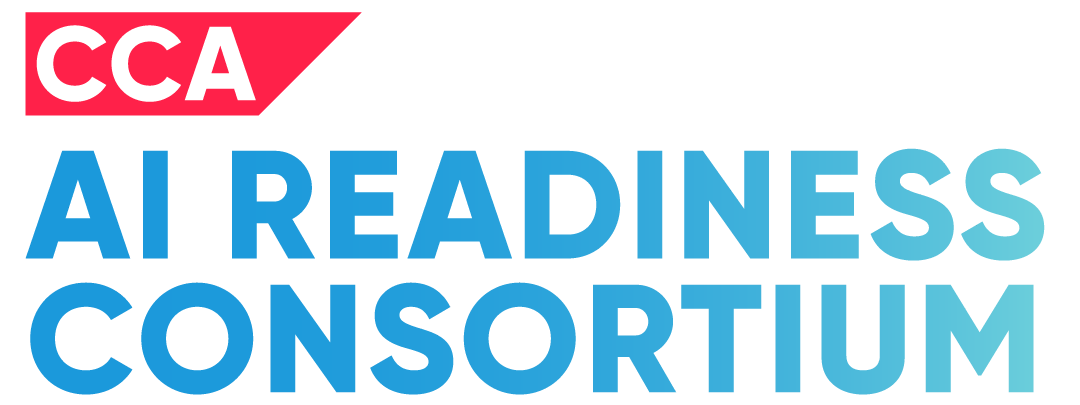Company
Contact
Project scope
Categories
Gender studies Community engagement Social work Law and policy Social justiceSkills
financial controls internal controls family law influencing skills advocacy intelligence agency court experience legal support chatbot exit strategiesThe Feminine Intelligence Agency (FIA) is a research and innovation lab focused on uncovering, naming, and dismantling hidden forms of social coercion. Our work spans psychology, AI, public health, and human rights—but at the center of it all is one urgent truth: coercive control is still legal in most of the world, and even in jurisdictions where laws exist, it remains nearly impossible to prosecute.
Coercive control is a form of invisible violence—the manipulation, isolation, gaslighting, financial entrapment, and slow erosion of autonomy that occurs without physical bruises. Because it operates through covert aggression, it leaves women without the kind of hard evidence courts typically demand. Most survivors are told there’s “nothing they can do,” or worse—that it’s their fault.
Even in the best-case scenario, these women are expected to gather and present their own evidence, interpret complex laws, and advocate for themselves—all while under psychological siege and often without money, legal support, or safety.
That’s where this project comes in.
We’re inviting your team to design a step-by-step legal preparation toolkit for women experiencing coercive control who may not be able to leave immediately—but who want to act intelligently and strategically now. The goal is to equip them with a concrete, discreet path forward: what to document, how to protect themselves legally and digitally, and how to begin building a trauma-informed case that courts might one day take seriously.
Your research and insight—especially if it includes interviews with real attorneys and advocates—could help shape a resource that doesn’t exist anywhere else. With your help, we can begin translating constitutional protections and human rights principles into something women can actually use.
This is not just a research exercise. It is an opportunity to close a devastating legal blind spot—and make a real difference in the lives of women navigating invisible forms of abuse with no roadmap, no allies, and no precedent.
1. Expert Interviews
Students should conduct 3–5 structured interviews with professionals such as:
- Family law attorneys
- Domestic violence legal advocates
- Digital evidence experts (even just law enforcement trainers)
- Trauma therapists with court experience
- If possible: a judge or magistrate who has ruled on coercive control cases
They should gather:
- What kind of evidence actually holds up in court
- What mistakes women often make early on (e.g., text tone, deleted messages)
- What apps, journals, tools, or methods are most useful
- What not to say/do that can backfire
- How neurodivergence, trauma, or caregiving roles can affect credibility
These interviews should be anonymized but distilled into actionable recommendations.
2. Step-by-Step Legal Prep Program
The students will design a timeline-based action plan for women who can’t leave yet but need to prepare like they might—similar to the “smart survival” concept used in undercover or long-game exit strategies.
Example framework:
Stage 0: Awareness & Documentation
- Track patterns, incidents, emotional abuse, financial control
- Begin screenshotting relevant messages, bank transfers, calendars
- Use trauma journals or secure apps (find the best apps for this)
Stage 1: Legal Literacy & Digital Hygiene
- Understand key legal terms: coercive control, undue influence, parental alienation
- Learn what evidence is admissible
- Set up separate digital storage, protect passwords, lock devices
Stage 2: Quiet Collaboration
- Identify safe friends or supporters
- Use chatbots or journaling tools to clarify events
- Begin preparing a trauma report or psychological timeline (students can give them a fillable version based on best practices)
Stage 3: Legal Simulation & Exit Prep
- Do mock interviews with chatbots or safe allies to build verbal fluency
- Practice responding to DARVO (students can script examples)
- Create redacted timeline versions for attorneys or advocates
Stage 4: Contacting Authorities (if safe)
- Know when and how to approach law enforcement or file protective orders
- Build packets (students may include templates):
- Incident logs
- Financial abuse spreadsheets
- Threat assessments
- Trauma narratives
3. Plain Language Legal Guide
A companion piece explaining:
- What coercive control is, legally
- What courts typically expect to see
- What terms are often misunderstood or misused by police/judges
- How to document trauma when you don’t look “scared”
Providing specialized, in-depth knowledge and general industry insights for a comprehensive understanding.
Sharing knowledge in specific technical skills, techniques, methodologies required for the project.
Direct involvement in project tasks, offering guidance, and demonstrating techniques.
Providing access to necessary tools, software, and resources required for project completion.
Scheduled check-ins to discuss progress, address challenges, and provide feedback.
Supported causes
The global challenges this project addresses, aligning with the United Nations Sustainable Development Goals (SDGs). Learn more about all 17 SDGs here.
About the company
Representation
Diversity and inclusion
Categories highlighting this company’s ownership and values
Minority-Owned Women-Owned BIPOC-Owned Small Business Social Enterprise Neurodivergent-Owned Immigrant-Owned Community-FocusedFIA is developing tools and content for women to help spot powers moves and respond 10X more effectively, whether at work, in love, or with family members. By learning the skills of social discernment, you can keep your peace and your power when others try to throw you curveballs.

